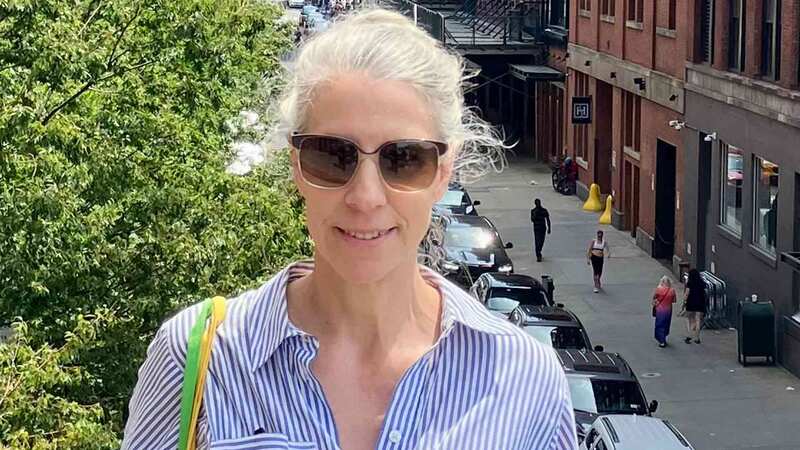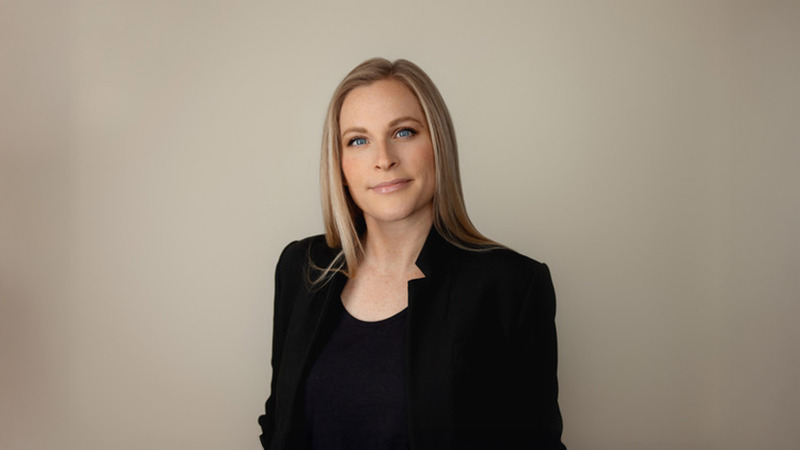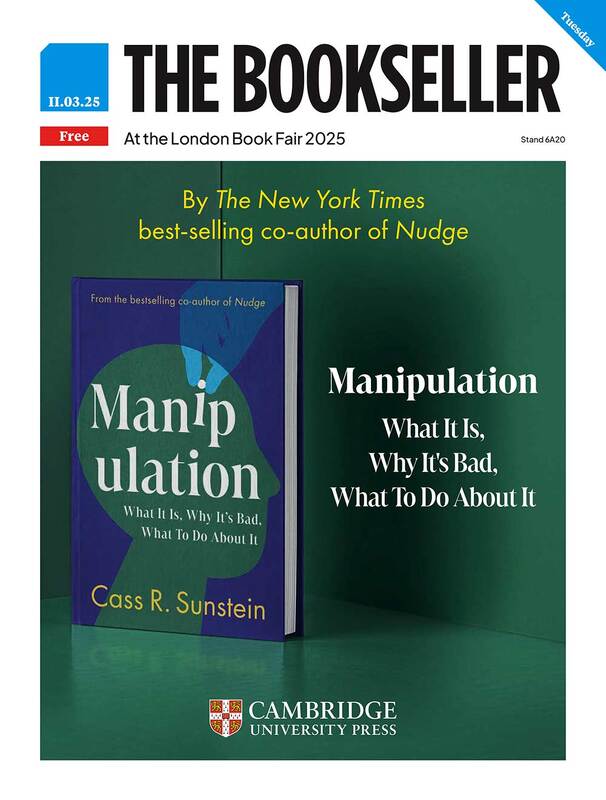You are viewing your 1 free article this month. Login to read more articles.
Review of 2019: The Bestsellers
With print books selling 191.6 million units for £1.66bn, 2019 became the print market‚Äôs fifth consecutive year of growth and its best since 2010 in value terms, according to Nielsen BookScan‚Äôs Total Consumer Market. Value rose 2.4% against 2018, with volume growing for a second year, by 0.5%. As a result, the average selling price is now at sky-high levels—surpassing £8 for the first time in 2016, it is now knocking on the door of £9, at £8.71 for 2019.
Print is still front-ended, with the 2019 top 100 earning a combined £150m, or 9% of the entire market. This is 15% up on 2018‚Äôs top 100, which in turn was 11.3% up on 2017. Of course, last year was topped by the million-copy-bestselling Pinch of Nom (Bluebird), the first time the annual number one surpassed a million copies sold since 2016 (when the whole top three did). But while 2019 owes its growth in volume (but not in value) to the blog-turned-cookbook, the top 100 would still be a hefty £10m ahead of 2018 even without it.
Five titles scored single-week sales of over 100,000 copies last year, with Pinch of Nom (twice), Hinch Yourself Happy (Michael Joseph), The Testaments (Chatto & Windus), The Beast of Buckingham Palace (HarperCollins) (three times) and Pinch of Nom: Everyday Light all hitting six figures within seven days—making for eight weeks of 100,000 number ones in total. In contrast, just two weeks saw 100,000-copy-plus bestsellers in 2018 and three apiece in 2017 and 2016. All five books achieved the 100,000 milestone in their launch weeks, with only The Beast of Buckingham Palace going on to improve on it a week later. While 2019 had an unusually high amount of “event” releases, this is also a sign of the pre-order game sharpening.
Kay Featherstone and Kate Allinson‚Äôs blockbuster cookbook became the fastest-selling non-fiction title since records began in March, flying off the shelves so rapidly it took just 33 weeks to hit a seven-figure-copy volume. (Both Jamie Oliver‚Äôs 5 Ingredients and Joe Wicks‚Äô Lean in 15 took 47 weeks each.) Featherstone and Allinson scored another two number one bestsellers, both of which hit the top 100‚Äôs top half—the Pinch of Nom Food Planner, in June, and the December-released Pinch of Nom: Everyday Light, which very nearly prevented David Walliams from the Christmas number one spot. The new queens of the Food category earned an eye-watering £14m in 2019.
Pinch was followed by Hinch, with cleanfluencer Mrs Hinch’s Hinch Yourself Happy becoming the second-fastest-selling non-fiction title of all time just a fortnight later. The Instagrammer also swept into the number one spot in autumn, with follow-up Mrs Hinch: The Activity Journal.
Walliams‚Äô three titles in the top 10, with a combined 1.63 million copies sold, are just the tip of the iceberg—in total he sold just over three million books through the TCM in 2019, for a whisker under £20m. The Beast of Buckingham Palace ascended to the Christmas number one, his third title to do so, and February‚Äôs Fing and June‚Äôs The World‚Äôs Worst Teachers notched up over 450,000 copies apiece. But his backlist is still a powerhouse. Seven titles of his, all illustrated by Tony Ross, hit the year‚Äôs top 100, with the oldest—Gangsta Granny, published 2013—still selling in excess of 100,000 copies.
With the climate crisis defining 2019 (quite literally, according to the Oxford English Dictionary), the Environment & Ecology and Vegetarian Cookery categories had record years, with Greta Thunberg‚Äôs No One is Too Small to Make a Difference (Penguin) becoming the former‚Äôs all-time bestseller. With 227,362 copies sold for the year, the title scored 26th place overall. Weekly sales spiked at several points over the year—from the UK posting a record-high temperature of 38.7C in July, to the week of the global Climate Strike protests, to Donald Trump insulting its 16-year-old author on Twitter. No One is Too Small‚Ķ hit the top of the Paperback Non-Fiction number one in September, after Thunberg‚Äôs eviscerating speech at the UN.
Veggie cookbook sales were also lush and verdant—of the category‚Äôs top 10 bestsellers of the decade, seven were released in the past two years. Jamie Oliver‚Äôs Veg (Michael Joseph), published in August, zipped straight to the top with 418,998 copies sold, but Henry Firth and Ian Theasby‚Äôs BOSH! (HarperCollins), Rukmini Iyer‚Äôs The Green Roasting Tin (Square Peg) and Joe Wicks‚Äô Veggie Lean in 15 (Bluebird) also brought home the seitan.
Margaret Atwood's The Testaments may have instantly become the bestselling hardback fiction title of the year—and is easily the longest-running Booker Prize winner in the overall top spot in the Nielsen BookScan era—but the fiction number one was the 2018-released Heather Morris‚Äô The Tattooist of Auschwitz (Zaffre), which, along with The Beast..., is one of just two titles that can say they sold more than 50% of Pinch of Nom‚Äôs total in 2019. Antonio Iturbe‚Äôs The Librarian of Auschwitz (Ebury) also achieved a top 100 place, with 211,968 copies.
The professional confessional loomed larger than ever. Adam Kay, whose original memoir This is Going to Hurt (Picador) has now surpassed a million copies sold in paperback, consolidated his power with festive follow-up Twas the Nightshift Before Christmas beating even Pan Mac stablemate Elton John to the weekly Hardback Non-Fiction number one. The Secret Barrister (Picador) and Christie Watson’s The Language of Kindness (Vintage) also charted in the top 100.















